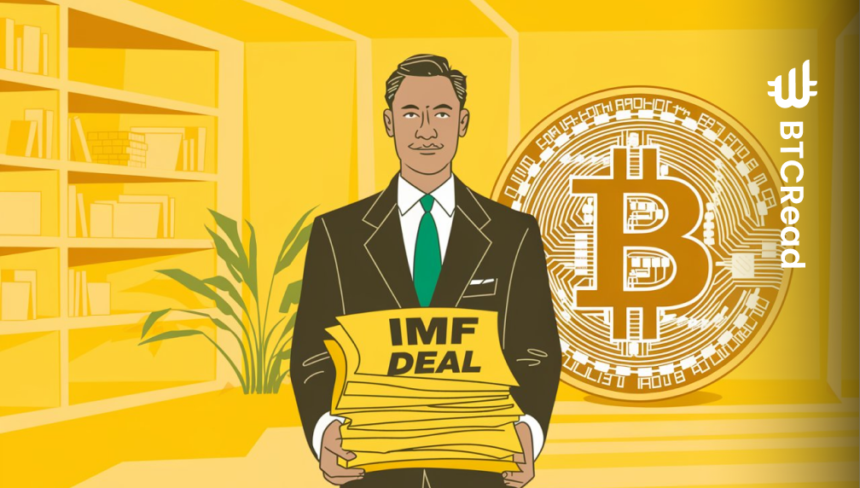El Salvador is backpedaling on Bitcoin: making merchant acceptance of the cryptocurrency voluntary, dialing back its involvement in the Chivo wallet, and scaling back public sector engagement in Bitcoin-related activities.
This comes as part of a $1.4 billion loan deal with the International Monetary Fund (IMF). The loan is intended to address El Salvador’s balance of payment needs and support economic reforms. The IMF’s staff team, led by Luis Cubeddu and Raphael Espinoza, held discussions in San Salvador from Dec. 5-14, 2024.
They announced a staff-level agreement for a 40-month extended arrangement under the IMF’s Extended Fund Facility, pending approval by the IMF’s Executive Board and subject to implementing high-priority prior actions.
The agreement unlocks the opportunity of making more than $3.5 billion in financial support. This would go toward pledged contributions by the World Bank, the Inter-American Development Bank, and, most ambitiously, regional banks.
Concretely, this includes improving fiscal and external conditions to enhance economic conditions-fellows pro with good growth-including making decent growth conditions all the stronger and inclusive for their workforces.
El Salvador’s economy has grown since the pandemic, driven by remittances, tourism, and a safer environment. The current account deficit has narrowed, inflation has decreased, and the fiscal situation is gradually improving.
Legal reforms to regulate Bitcoin and other digital assets
However, challenges remain, and the IMF’s program focuses on fiscal policy reforms. These include reducing public debt and improving the efficiency of the civil service, pension system, and revenue mobilization.
Governance and resilience will, therefore, be underlined. Further efforts will go toward fiscal transparency, enhancement of anticorruption efforts, regulating digital assets in a more effective way.
It only compels the IMF agreement to make the adoption of Bitcoin voluntary for businesses dealing with Bitcoin. In any case, it would gradually lessen the direct exposure of the public sector to Bitcoin-related transactions, and it would receive only those taxes in U.S. dollars.
Besides that, its government will remove itself from its active role in dealing with the Chivo wallet. Reforms will, however, be implemented to improve the management and regulation of digital assets so that financial stability is ensured by consumer protection.







